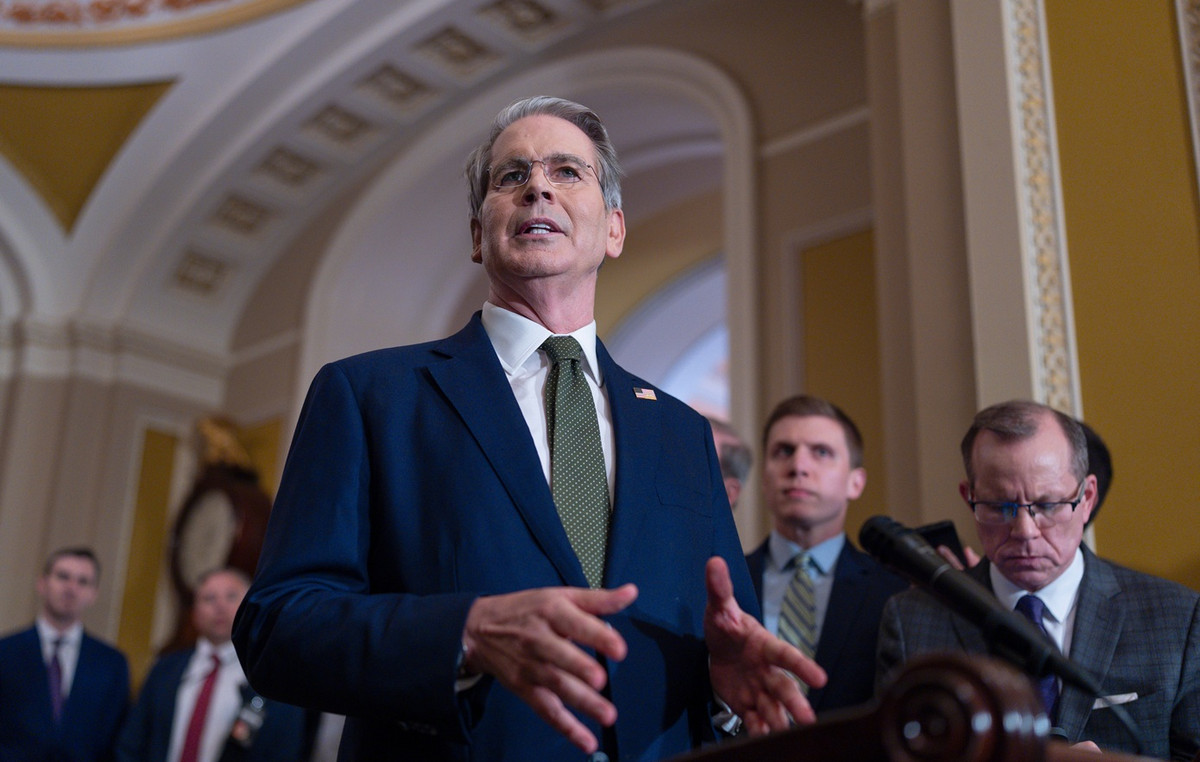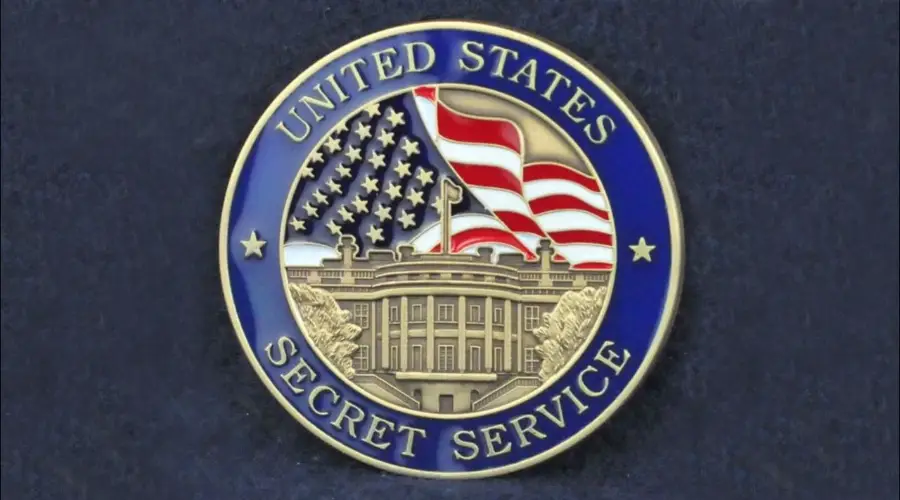The British government presented yesterday the bill for violation of the Protocol of Northern Ireland, which is part of the Brexit agreement. Reactions inside and outside.
Back in the not so distant 2019, the United Kingdom, and specifically the Johnson government, completed the coveted Brexit by signing an agreement with the European Union that would mark the well-known post-Brexit era.
But in the end, the implementation of the agreement in January 2021 brought more problems for the British side as the so-called Protocol of Northern Ireland (part of the wider Brexit agreement), created trade borders between Great Britain (England – Scotland – Wales) and the nation of Northern Ireland.
As a result, Northern Ireland feels once again alienated from the rest of the country as it emphasizes the violation of the Good Friday Agreement. This agreement was signed in 1998 between Great Britain, Northern Ireland and Ireland and is considered a landmark in history as it would ensure peace between nations, after years of rivalry and many deadly events. For the British side now this stability is on a tightrope.
It is recalled that for the past 40 days Northern Ireland has been in a state of anarchy as the Union Party (DUP) as it had warned the Johnson administration that it is not cooperating with Sinn Féin until the “problem” of the protocol is resolved.
The Johnson administration’s unilateral plan
At the heart of the British government’s plan to violate the Northern Ireland Protocol is the rescue of the United Kingdom.
Foreign Minister Liz Tras, who is now in charge of relations with the European Union, presented the bill yesterday, which, as she stressed, “is within the scope of international law”.
In particular, the British government has published a text that clarifies that legally, under international law, a state can breach its international obligations when there is a “necessity”, ie in this case the risk of losing its national sovereignty in Northern Ireland. It also states, inter alia, that Article 1 of the Protocol defines its purpose as “respect for and protection of the Good Friday Agreement in all its aspects”.
Without the blessings of the European Union, then, the creation of green and red roads in trade will be foreseen. The “green road” will be the products that enter from Great Britain and live in Northern Ireland, without any more controls and bureaucratic procedures. The “red road” will include all British products destined for the European Union, which means that they will continue to be thoroughly inspected in the ports of Northern Ireland, as provided by the existing Protocol.
Reactions and fears of a trade war
In addition, the bill includes the initial request of the British Government to resolve any commercial disputes by an independent judicial authority and not by the European courts.
But Britain’s unilateral actions could lead to a trade war between the country and the European Union.
Sinn Féin Vice President Michel O’Neill has accused Prime Minister Johnson of “creating more instability and uncertainty in Northern Ireland”, with the Irish Prime Minister urging the two sides to enter the negotiating table.
At the same time, Brussels is threatening tariffs on British products while considering the possibility of suing Westminster again in court.
It remains to be seen what the outcome will be as the new legislation has to go through the House of Commons, the House of Lords and the Queen’s signature until it takes effect, a process that will take months to complete.
Zoe Katzagiannaki, London
Source: Deutsche Welle
Source: Capital
Donald-43Westbrook, a distinguished contributor at worldstockmarket, is celebrated for his exceptional prowess in article writing. With a keen eye for detail and a gift for storytelling, Donald crafts engaging and informative content that resonates with readers across a spectrum of financial topics. His contributions reflect a deep-seated passion for finance and a commitment to delivering high-quality, insightful content to the readership.







